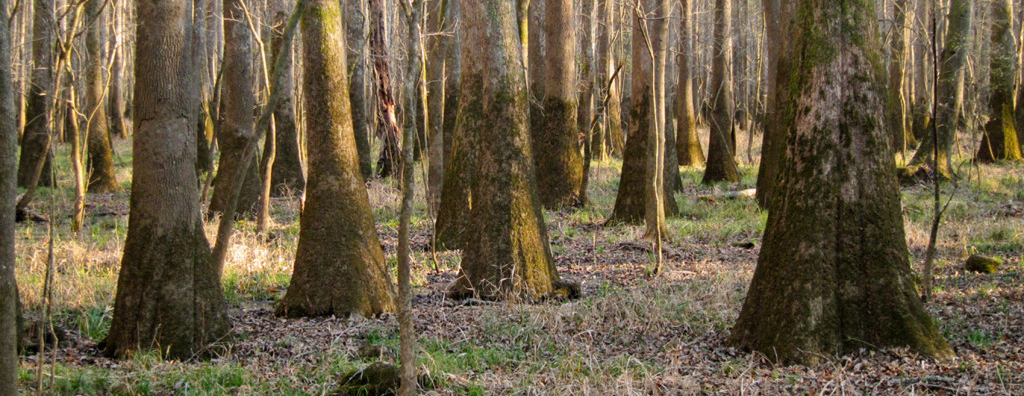
The Restorative Power of Carbon Credits on Forests and Human Health
Mik McKee, The Climate Trust
April 20, 2015
The Climate Trust staff and our partners regularly evaluate the co-benefits (improved wildlife habitat, reduced water consumption, and greater biodiversity, etc.) that our projects provide, and it is rewarding to know that revenue from the sale of offsets can help enhance these values as well.
Recently, however, I was tasked with defining and developing metrics for tracking the social benefits that will be achieved by investing private capital in carbon projects. On the surface this seems like an easy question to answer—mitigating greenhouse gas emissions and fighting climate change will have huge social benefits for everyone. But as I tried to drill down and show what this means on a project-by-project or community-by-community level, I came face-to-face with one of the central challenges in the fight against climate change: it is incredibly difficult to quantify the impacts that a warmer climate will have on an individual level.
This disconnect is highlighted by a set of interactive maps depicting U.S. climate opinion created by researchers at Yale School of Forestry and Environmental Studies and Utah State University.
Yet despite this challenge, there is a growing understanding that human well-being depends on ecosystem services—clean water, access to the outdoors, carbon sequestration, etc.—supplied by natural systems. Indeed, the 2005 Millennium Ecosystem Assessment makes a compelling argument that human beings are integral parts of ecosystems and that as ecosystems deteriorate, so does human health.
In the Pacific Northwest, the connection between human well-being and ecosystem services is demonstrated by an innovative project being launched by the Pinchot Institute for Conservation, called the Forest Health-Human Health Initiative. In 2011, the Pinchot Institute discovered a ground-breaking link between human health and forest fragmentation and development. According to the Pinchot Institute’s research, landowners and their children view the need to pay for family medical expenses as a major reason why they may have to sell their family forests.
In the US, landowners 75 years of age or older collectively own more than 46 million acres. … [U]p to 85 percent of these landowners lack coverage for long-term health care, and 50 percent of their children (who are likely to inherit the family forests) have high deductible insurance coverage with high out-of-pocket payments.
In response to this need, The Pinchot Institute is working with a number of partners, including The Climate Trust, to develop a program where revenue generated from the sale of carbon credits will be used to pay for health care costs. Under this program, multiple private forest landowners will be aggregated together into one project in order to achieve an economy of scale and reduce the project development costs for each participating landowner.
This aggregation model, which will be the first of its kind in the Pacific Northwest, will pave the way for small private landowners to participate in carbon markets and help prove the link between human well-being and resilient ecosystems.